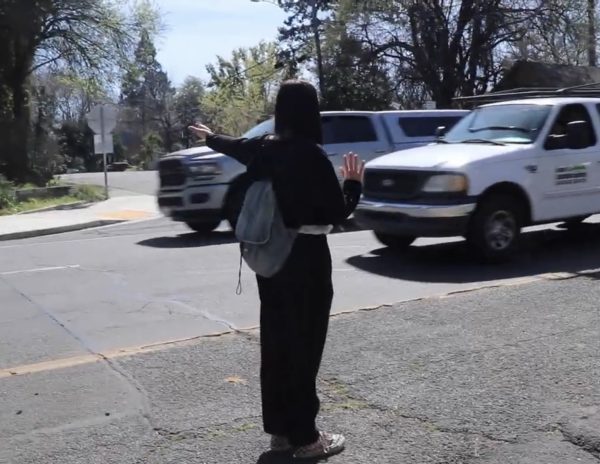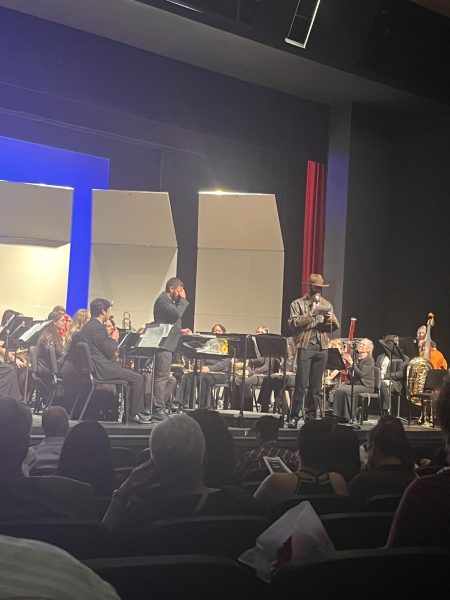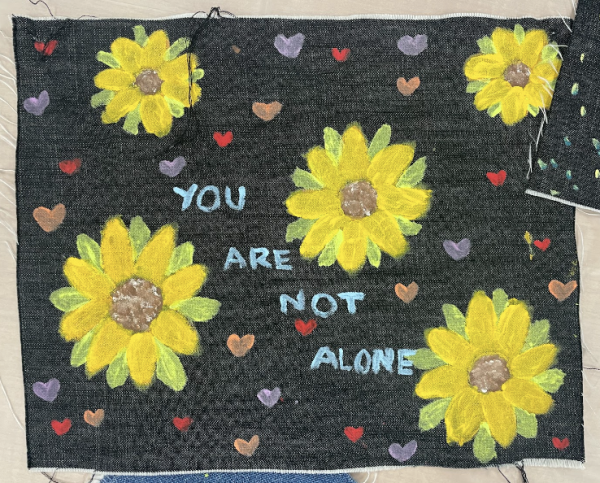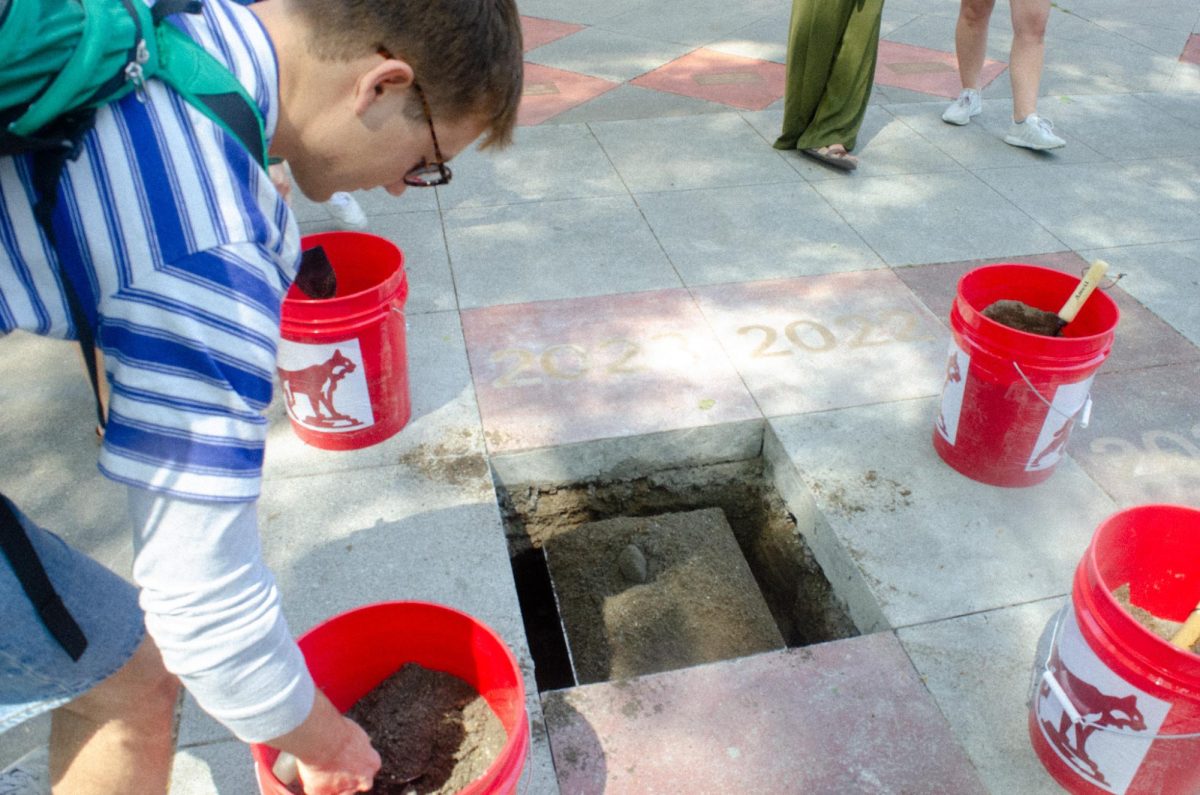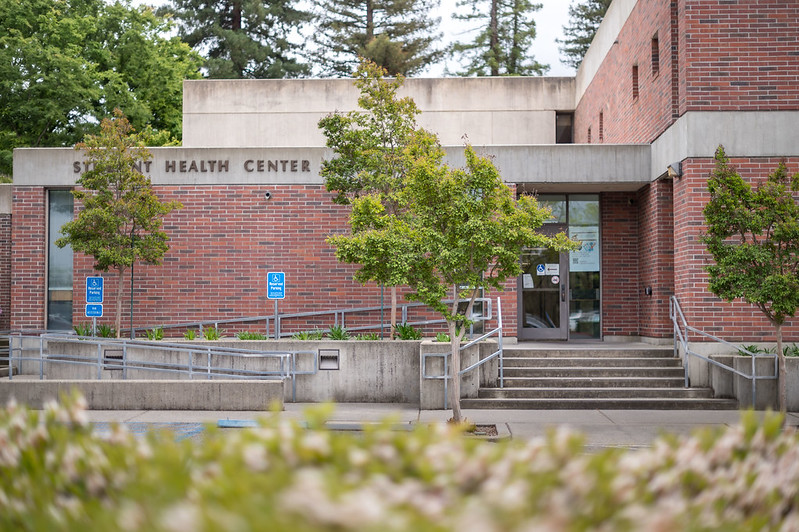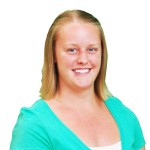
Sexting has revolutionized sex by combining it with the most powerful tool we have — technology.
It has begun to change the way young adults look at sex, and it’s becoming a new trend. However, it is definitely not something that should be encouraged, no matter how cool or safe people may think it is.
Four out of five college students engage in sexting, according to a University of Rhode Island survey. That’s roughly 80 percent of college students.
What college students don’t realize is that their photos can easily be sent to others without their consent, no matter how much they trust the initial receiver.
When it comes to the sexting phenomenon, each gender feels differently.
Men are more optimistic about sexting and think good things will happen when they engage in it, according to an study conducted at the University of Indiana.
Female undergrads were more likely to have negative reactions to sexting compared to their male peers, according to Allyson Dir, a doctoral candidate in psychology at Indiana University-Purdue University Indianapolis. Her research showed that it’s more socially acceptable for men to be seen as sexually promiscuous, and sexting has been characterized as risqué behavior.
Females are judged more than men based on sexual acts and the context of those acts, which is why they are less likely to participate in sexting. The majority of women are engaging in this risqué behavior are likely being pressured into it by their peers even if they don’t feel comfortable with it.
Single people were also reported to have more negative responses to sexting than those who are in relationships, living together or married, according to a Washington Post article.
“People who are single also may be taking more of a risk when sexting than people who are in relationships,” Dir said in the article. “Singles may be sexting with people they don’t know as well, meaning the receiver might share the sext without permission.”
Whether someone is single or in a relationship, sexting is very risky.
Students, if you feel uncomfortable when confronted by someone who wants you to sext, ignore their request or simply delete it. If they continue with their request, simply tell them it’s uncomfortable and not something you want to do.
Tara Miller can be reached at [email protected] or @chicojournalist on Twitter.
Illustration by Liz Coffee.

